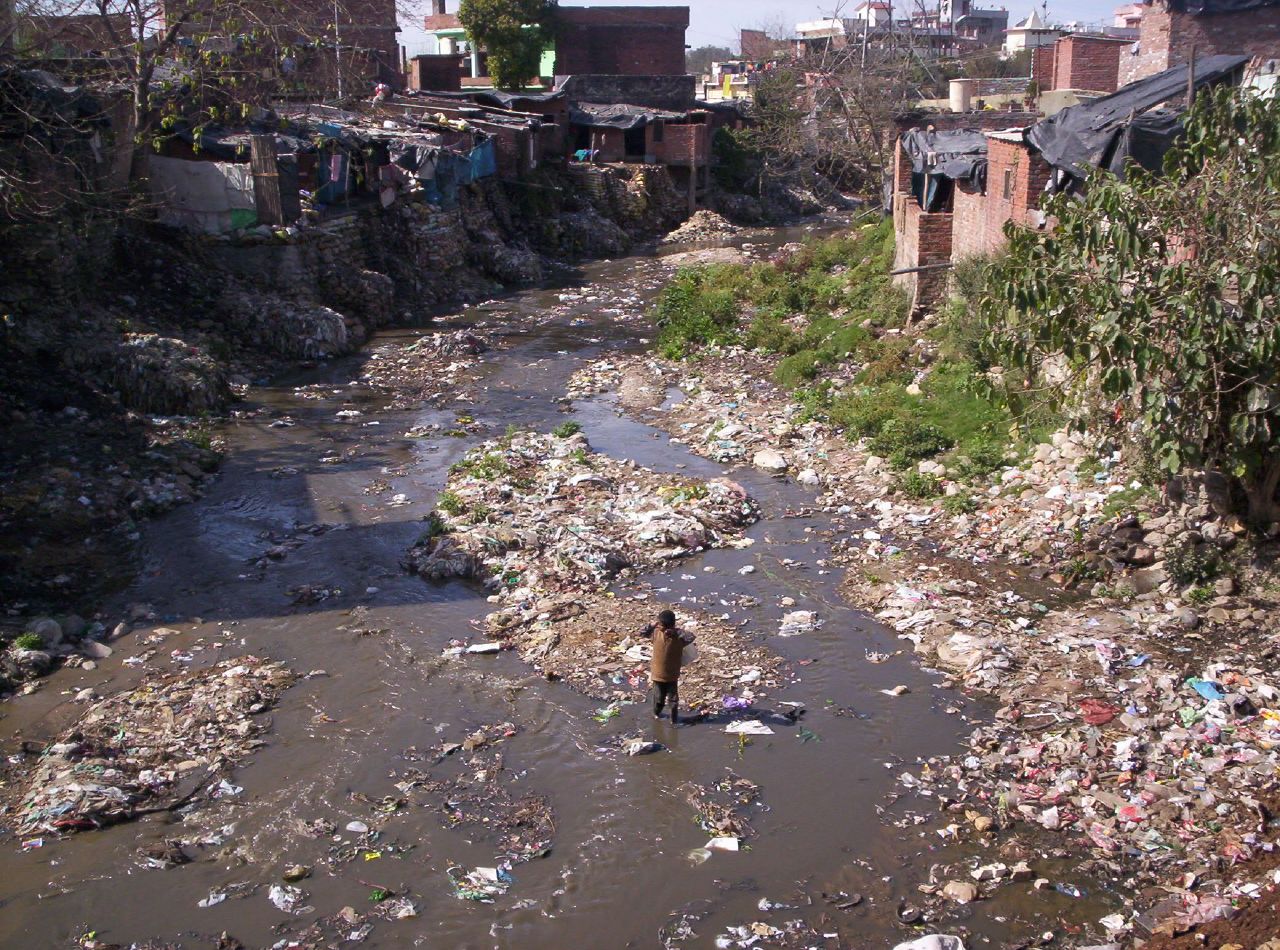
Poverty
Health
Pollution
Water and Watersheds
Sustainability
Equity
Edward Hessler
On December 16, 2017 I posted a piece on preliminary findings of an investigation of extreme poverty in the United States. The tour was led by Philip Alston, the UN Special Rapporteur on extreme poverty and human rights. Alston has held the position since 2014.
I had seen a report from Newsweek on the "level of environmental degradation in some areas or rural Alabama," before I posted Alston's initial findings. He was quoted as saying "I think it's--the level of environmental degradation he found in Alabama--very uncommon in the First World. This is not a sight that one normally sees. I'd have to say that I haven't seen this."
However, after I posted some of the findings from that report, I found an essay in HuffPo by Catherine Smith that left me reeling. The headline reads, "Meet the Americans Who Live With Open Sewers in Their Yard." These Americans live in Alabama. Smith's longish essay which includes some photographs of American citizens who live in these conditions does not mention the UN study.
Smith writes, The land Eric's trailer sits on is part of the Black Belt, a swath of dark, clay-rich soil, stretching 300 miles through central Alabama and northern Mississippi. The dirt here doesn't absorb water, making it ideal for creating ponds or growing cotton--the area was a key part of America's slave plantation economy--but terrible for wastewater disposal. The land swells when it's wet and contracts as it dries, forming cracks and damaging pipes, foundations of buildings and anything else buried close to the surface.
Municipal sewage networks can't reach everyone in the Black Belt counties, where town populations are small and residents are spread over large areas. Instead, far-flung homes have their own septic systems--or they're supposed to. Relatively affordable conventional systems don't function properly inthis soil. Finding something that works can come with a shocking price tag.
Depending on the type of soil where a house is built, people in this region can expect to pay $3,000 and $30,000 to install an onsite septic system, a huge sum considereing the Black Belt has some of the poorest counties in the nation.
Alston has a long history of "speaking truth to power." Upon reading Smith's essay I was reminded of his view that systemic poverty is the result of political decisions. He is quoted in an article about the investigation by Ed Pilkington who writes for The Guardian that "The idea of human rights is that people have basic dignity and that it's the role of the government--yes, the government!--to ensure that no one falls below the decent level. Civilized society doesn't say for people to go and make it on your own and if you can't, bad luck."
I chose not to mention the Newsweek article, deciding that Alston's preliminary report could speak to the issue of extreme poverty in the United States. The coincidence of the Newsweek article and the photoessay in HuffPost were a prod. Consider Smith's opening line. I could almost smell the stink of raw sewage and feel the desperate poverty. "A breeze wafts the stench of raw sewage into Eric’s face as he stands outside his ramshackle movile home. If he notices the smell, he doesn't react." This is what official reports too often hide from our view.

 CGEE Student Voice
CGEE Student Voice
No comments:
Post a Comment